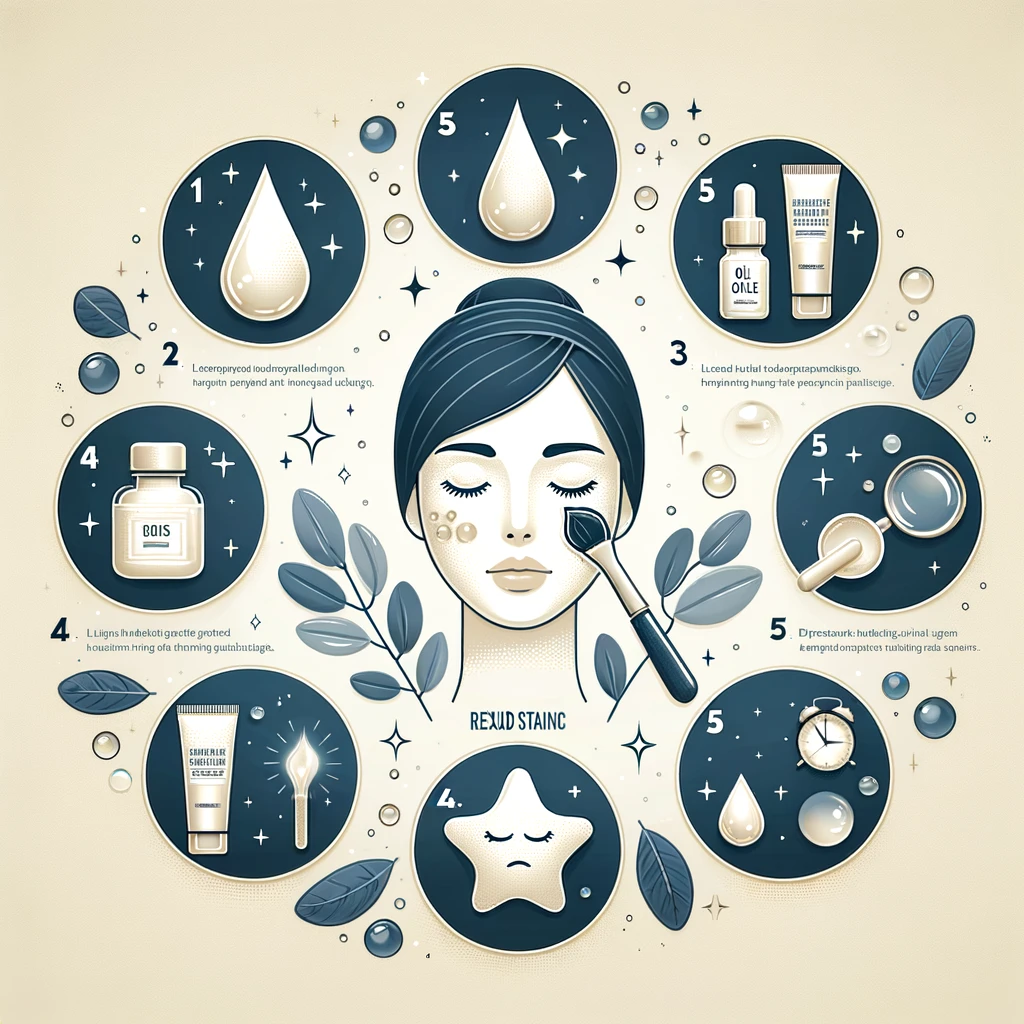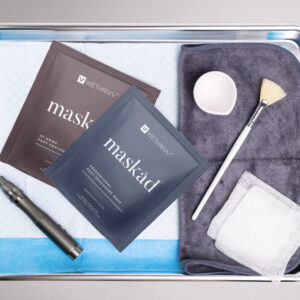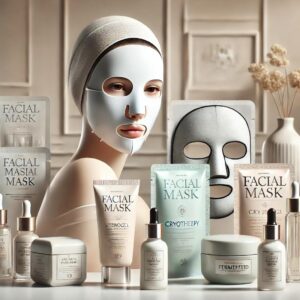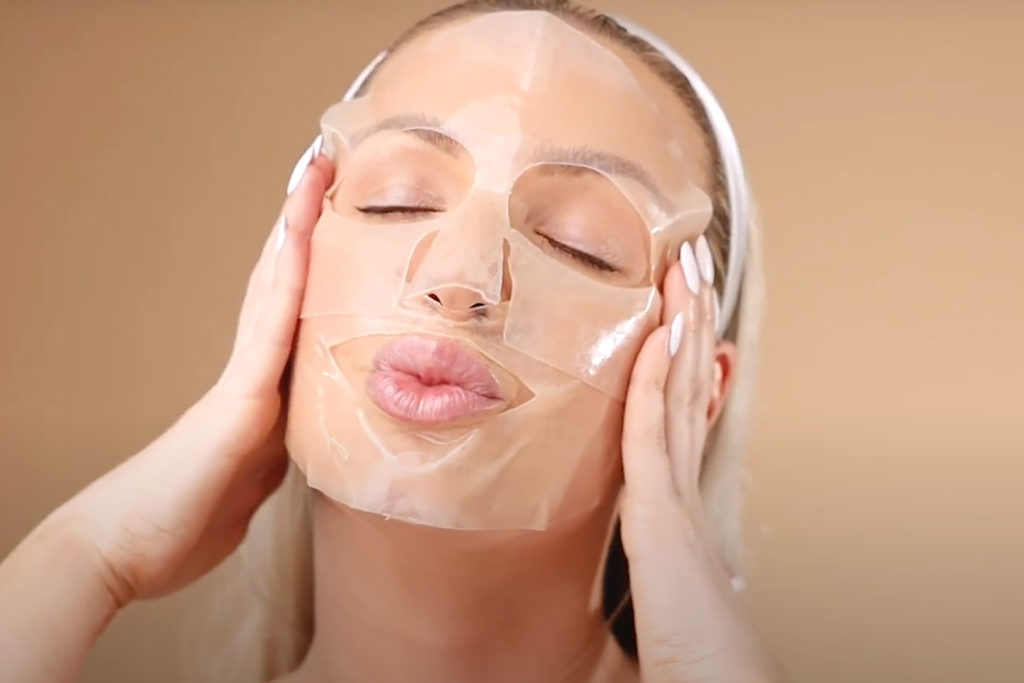
5 Signs You Need to Incorporate a Facial Mask into Your Skincare Routine
In the ever-evolving world of skincare, facial masks have emerged as a staple for those looking to enhance their complexion. With their potent ingredients and targeted benefits, masks can be the game-changer your skincare routine didn’t know it needed. If you’re on the fence about incorporating facial masks into your regimen, here are five unmistakable signs that it’s time to make room on your vanity.
1. Your Skin Looks Dull and Tired
If your skin lacks radiance and appears more fatigued than usual, a facial mask can provide an instant boost. Masks formulated with brightening ingredients like vitamin C, niacinamide, and hyaluronic acid can revitalize your complexion, giving you that coveted glow. Dullness often results from dead skin cells accumulating on the surface; exfoliating masks help slough off these cells, revealing brighter, more youthful skin underneath.
2. You’re Experiencing Breakouts
Breakouts can be frustrating, and when your usual cleanser and moisturizer combo isn’t cutting it, a facial mask might just be the ally you need. Clay masks, in particular, are excellent for absorbing excess oil and drawing out impurities from the pores. Look for masks with salicylic acid or tea tree oil—ingredients known for their acne-fighting properties—to help calm inflammation and reduce breakouts.
3. Your Skin Feels Dehydrated
Hydration is key to a plump, youthful appearance, but daily stressors and environmental factors can strip moisture from your skin. If your complexion feels parched or your fine lines are becoming more pronounced, a hydrating mask can infuse your skin with moisture-rich ingredients. Masks containing aloe vera, glycerin, or hyaluronic acid can provide deep hydration, leaving your skin feeling soft and supple.
4. Increased Skin Sensitivity
When your skin becomes more reactive or sensitive—perhaps due to weather changes, stress, or overuse of active ingredients—it’s a sign to treat it with some TLC. Soothing masks with ingredients like calendula, chamomile, or Centella asiatica can help calm irritated skin, reducing redness and discomfort. Incorporating a gentle, soothing mask once a week can help maintain your skin’s resilience.
5. Your Skin Tone Appears Uneven
An uneven skin tone or hyperpigmentation can result from a variety of factors, including sun exposure and acne scars. Facial masks formulated with ingredients like licorice root extract, kojic acid, and vitamin C can help fade dark spots and even out skin tone. These ingredients work by inhibiting melanin production, offering a non-invasive solution to achieve a more uniform complexion.
Incorporating Facial Masks into Your Routine
Adding a facial mask to your skincare routine is more than just a pampering experience; it’s a targeted treatment that can address specific skin concerns. For best results, use facial masks one to three times a week, depending on your skin type and the mask’s potency. Always follow up with a moisturizer to lock in the benefits of the mask.
Remember, the key to maximizing the benefits of facial masks lies in choosing the right one for your skin concerns. With the signs above as your guide, you’re well on your way to discovering the transformative power of facial masks. Your skin’s needs can change over time, so don’t hesitate to adjust your mask choices as your skin evolves.





